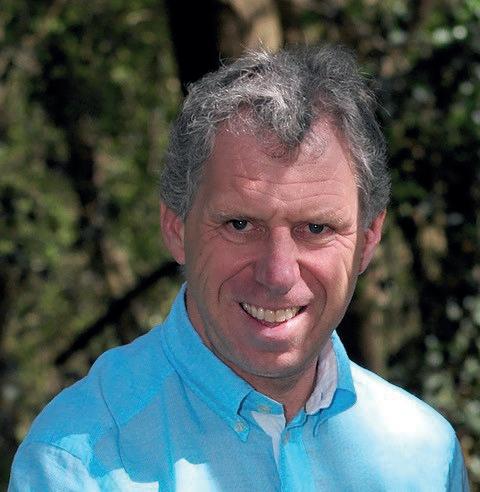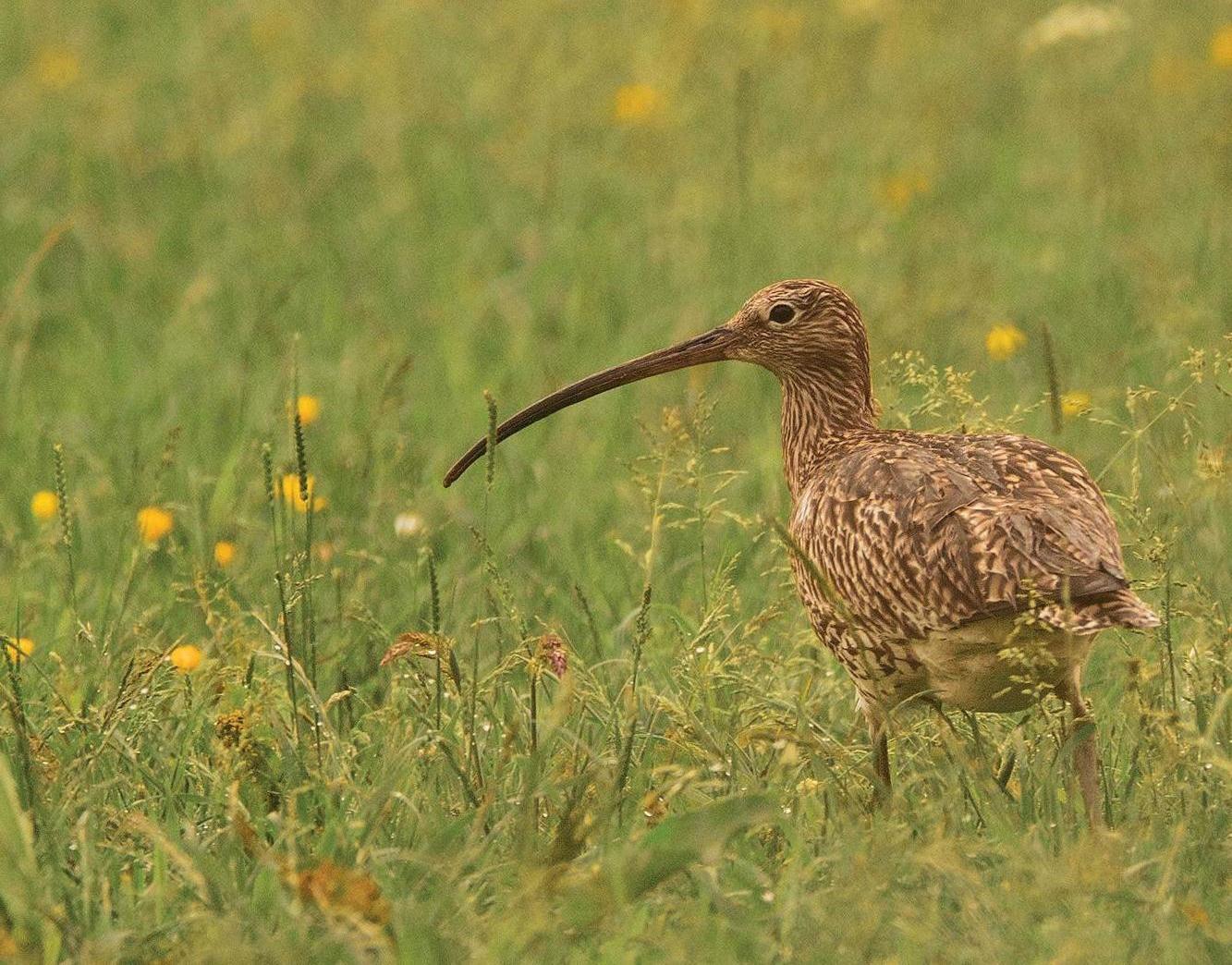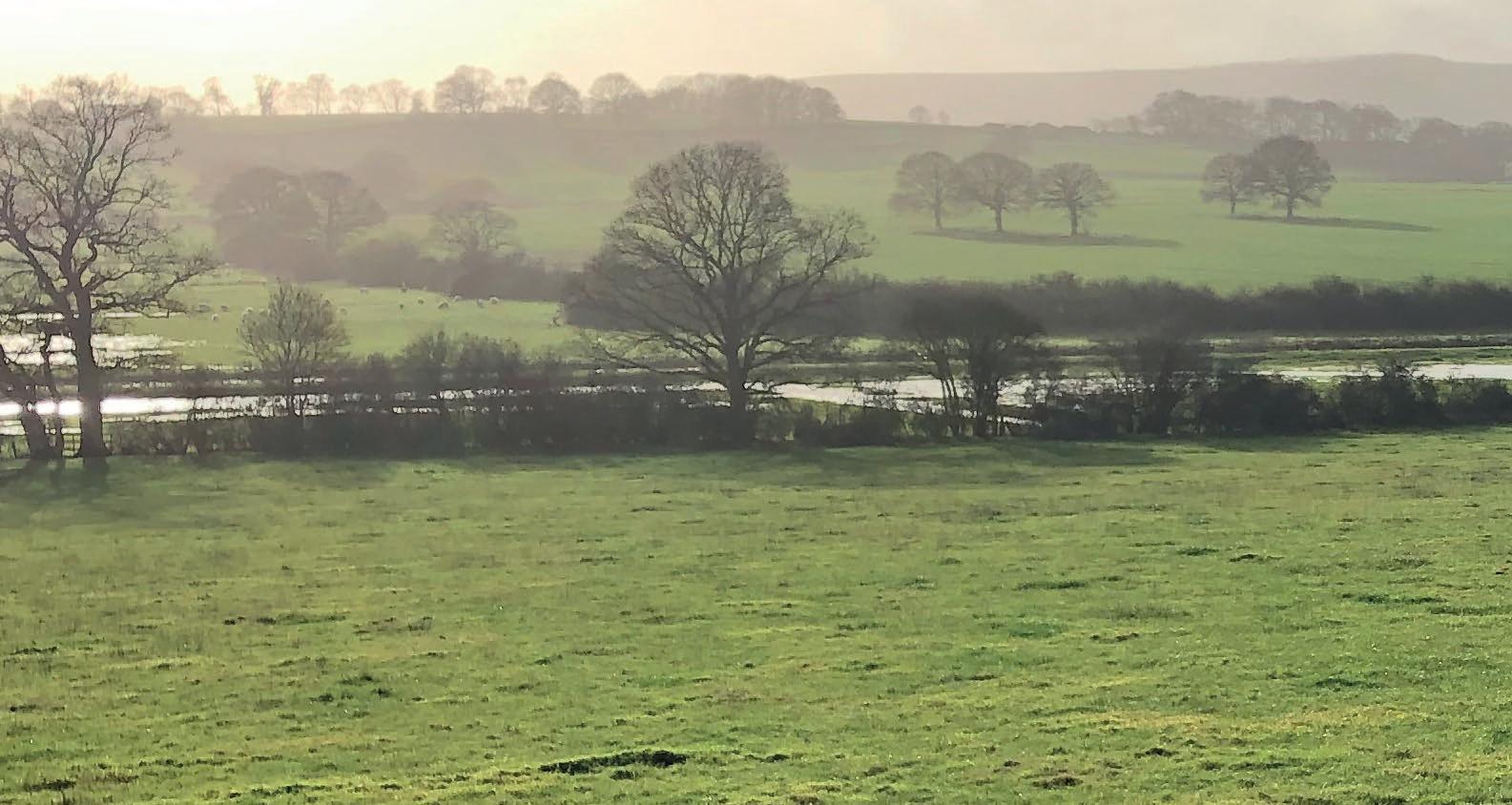
2 minute read
Member business
Farming brief
Genome editing could cut cancer-causing compound acrylamide, which forms during bread baking and increases during toasting. A team from Rothamsted Research and Bristol University used CRISPR / Cas9 genome editing to produce wheat low in precursor asparagine. Field trials this autumn, UK Government permitting, would be Europe’s first.

Newly formed Curlew
Recovery Partnership
unites land managers, farmers, gamekeepers, researchers and policymakers to help one of England’s most iconic species. Eurasian Curlew numbers nearly halved in the past 25 years, prompting HRH The Prince of Wales to reflect how seldom the hauntingly evocative cry of the Curlew is now heard. Defra is giving financial support.

Farmgate prices for prime sheep have hit seasonal records, 20% up on a year ago, reports Quality Meat Scotland. Defra stats show January volumes 18% down, possibly caused by slaughter line disruption due to Covid-19 control measures, lower hogg carryover, a global container shortage hitting NZ imports and a bigger December kill to build Easter/Ramadan stock.
Auto-composter launched
ORGANIC waste composted in just a week. Too good to be true? Not according to Farmers Club member and past Chairman of the Royal Smithfield Club, William Bedell, who is advocating a novel device to solve organic waste issues and ‘close the loop’ for agriculture/ countryside businesses and the whole food production chain.
The rNature machines use three-phase electricity to automatically compost organic/biodegradable waste by grinding, heating and the aerobic action of a natural enzyme. The end result is up to a 90% reduction in volume, leaving a saleable compost residue.
The units can automatically compost: • Farm bedding waste • Livestock market waste • Abattoir waste – (Categories 1, 2 & 3) • Poultry processing plant waste • Green waste – garden centres etc • Food waste – supermarkets, restaurants, fast food outlets • Any organic & biodegradable waste
Without Government support the units hugely improve a business’s environmental agenda, by almost completely removing its waste disposal carbon footprint, guaranteeing zero requirement for landfill. All the waste is processed on site, the units can stand on their own feet with paybacks from 1-4 years, Mr Bedell explains.
“I financially proof tested this technology with the owners of a large livestock abattoir. The results proved the machine paid for itself in three years, when compared to the abattoir’s annual waste disposal bill for Cat. 1, 2 & 3 waste,” says Mr Bedell, Director of Horse Weigh International Limited.
Units have been proven over three years on large poultry farms and hotel/ sport resort complexes in the UAE. “We currently have a roaming demonstrator machine in the UK, aimed at clients with large operations, so we can accurately match capacity to daily organic waste generation.”
“This technology will allow our beloved countryside to say good-bye to the large straw based FYM/equine yard heaps, and the possible leakage of effluent into water courses,” he says. Capacities of the custom made units range from 25kg/day to 20,000kg/day, with a fully automatic 18-20 hour cycle, one empty per week, low operating costs and 60-68 decibel noise level.
Horse Weigh International Ltd
Llandrindod Wells, Wales william@horseweigh.com www.hwiltd.com










